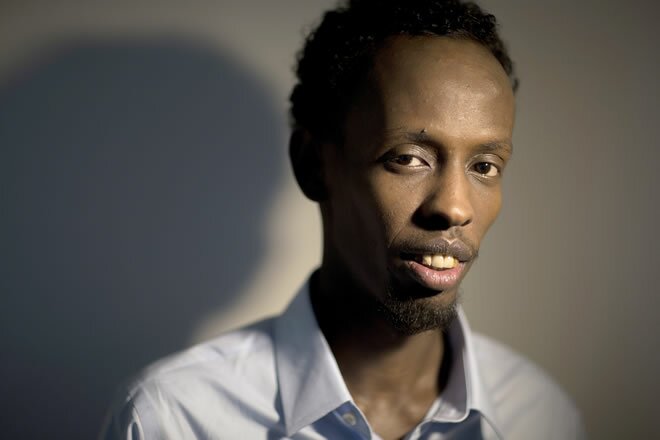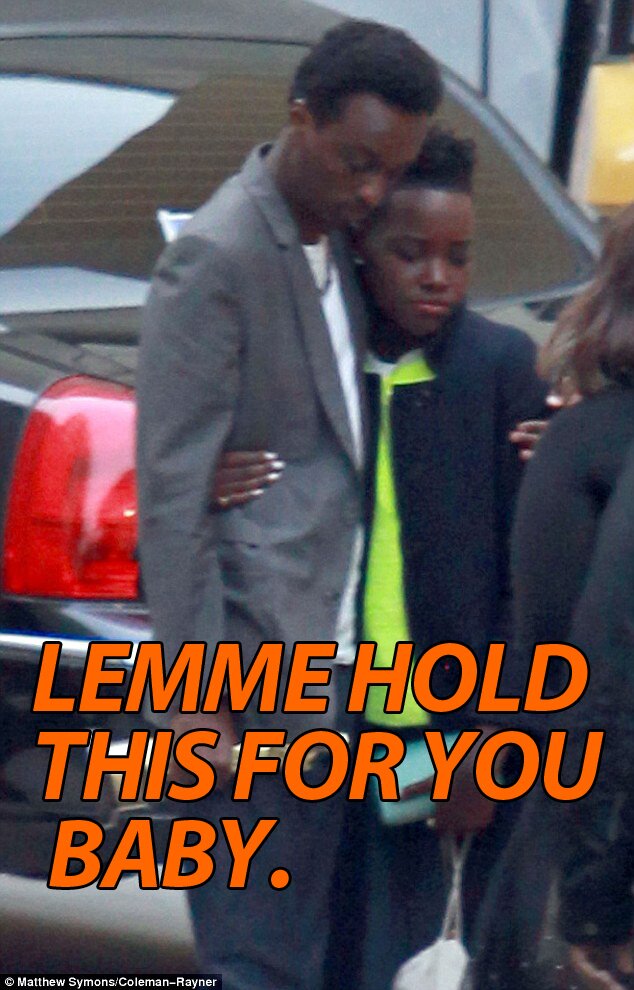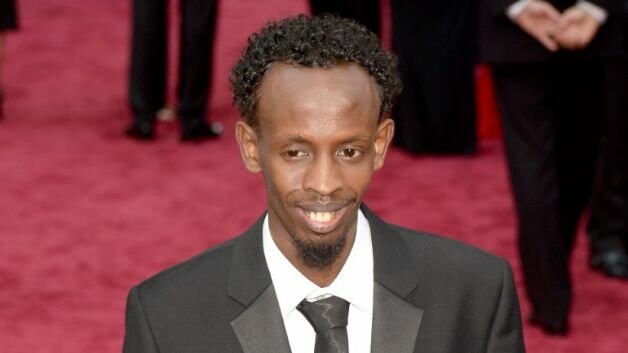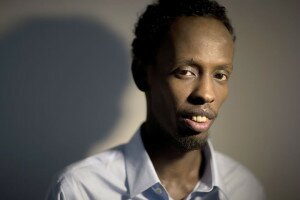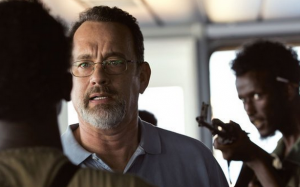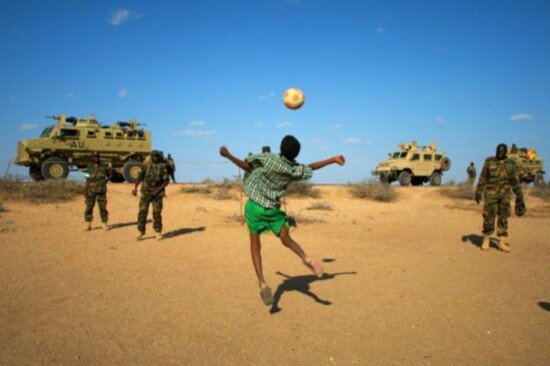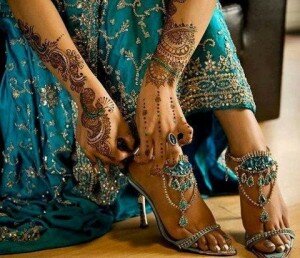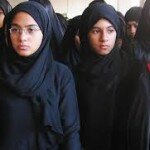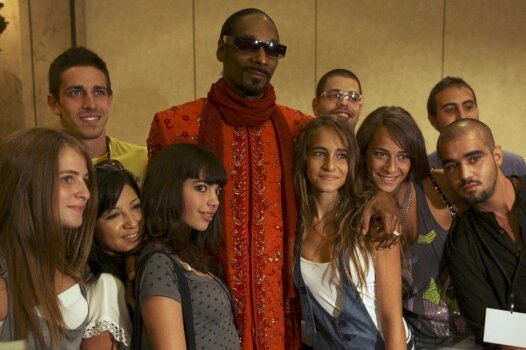War is but a distant memory in the Lebanese capital
Snoop Dog, Paris Hilton … Beirut’s back!
BEIRUT — “The bombs are dropping on Beirut with Snoop Doggy Dogg!†said rap music fan Nick Haddad as he walked out of the Snoop Dogg show in the Lebanese capital this past weekend.
The 18-year-old Lebanese Canadian was of course referring to the “bombs†in the lyrics of Snoop Dogg’s raps, not the other bombs that some people may associate with Beirut.
At 1 a.m., Haddad and his 16-year-old British friend of Lebanese descent were looking to find the Snoop Dogg after-party, by no means the first A-List gathering seen in Beirut this summer. The American rapper has followed in the footsteps of Paris Hilton and Charles Aznavour as the latest international “name” on everyone’s lips in this newly calm city. He entertained several thousand people at a convention center near downtown Beirut on Thursday night.
The visits, coming after three years of war and security problems, is just one sign of Lebanon quickly regaining its title as the party and cultural headquarters of the Middle East.
From visits by glitzy heiress (and perennial photo-opportunist) Paris Hilton in early July to film festivals, gallery openings and rock bands old and new — Keane and Deep Purple recently performed here — Lebanon’s summer season is being called the most successful since the assassination of former Lebanese Prime Minister Rafiq Hariri in February 2005.
Snoop Dogg’s show reminded many in Lebanon of the last visit by a major American rap artist in June 2006. That’s when 50 Cent performed to a similarly enthusiastic audience of teenagers and rap aficionados.
But a month after 50 Cent’s performance, and in the midst of a summer tourist season that was billed as the biggest in Lebanon’s history, a war erupted between Lebanon and Israel, causing billions in damage and leaving more than 1,000 Lebanese dead.
The tourists and Lebanese expatriates fled, and three years of political turmoil ensued, cancelling festivals, cultural events and ruining the Lebanese tourism sector, which accounts for 15 to 20 percent of Lebanon’s economy. As dark clouds gathered over Lebanon after the 2006 war, the faded 50 Cent posters still clung to concrete walls and signs, reminding passersby of the summer that never was.
But the summer of 2009 marked a return to the optimism that was so quickly snuffed out in those dark days of 2006. And as the country regained its footing after three years of bombings, assassinations, street clashes and near civil war, the Lebanese expatriates and the tourists came back.
“This summer is what it was like before the July war, and maybe even better,â€said Karim Traboulsi, 25, as he hung out with friends in the parking lot after the Snoop Dogg concert. “You have all these people coming, there’s something to do every week.â€
According to Lebanon’s Tourism Ministry, more than 2 million tourists are slated to visit Lebanon in 2009, making it the best year ever for Lebanese tourism.
“We have never seen this many tourists. You can feel the tourists,†says Nada Sardouk, the director general of the ministry of tourism. “324 thousand people came in July alone, so it’s a figure we’ve never seen, ever.â€
Some, like Paris Hilton, have come for Lebanon’s bling culture. High-end nightclubs and restaurants market to customers who can drop thousands of dollars on bottles of champagne, and the most popular clubs have month long waiting lists. At these exclusive clubs, Lebanon’s well-heeled mingle with oil money from the Arabian Gulf countries, and any car less than a late model Porsche or Land Rover can bring upturned noses. Lamborghinis, Ferraris and Bentleys are not an unusual sight on Beirut’s streets these days.
For the less glitzy crowd in search of some culture, three annual summer arts festivals went off this season without a hitch, bringing international performers and artists to Lebanon’s historic villages and Roman ruins.
The Beiteddine Festival, held at a 18th-century stone palace built on the side of a mountain, was canceled three years ago due to the July war. At the time, aid convoys and journalists traveling to South Lebanon jammed the narrow mountain road that leads to the festival site.
But this summer the winding roads were packed with tourists going to see Arabic pop stars, French crooner Charles Aznavour and a Balkan rock orchestra led by the Serbian director Emir Kusturica, among others.
“This year was one of the best years we ever had at Beiteddine,†said Hala Chahine, the Beiteddine Festival general manager. “Most of our shows were sold out. This is the festival summer, and all the festivals did well.â€
Tickets weren’t cheap: seats at Beiteddine shows ranged from $20 to $250, depending on the performance.
Tickets for the Baalbek International Festival were similarly expensive. The festival, held in the town that gave birth to Hezbollah in the early 1980s and remains one of the group’s strongholds, hosts festival events in Baalbak’s incredible Roman ruins. Deep Purple took the stage in early August, exactly three years after the town had been rocked more by Israeli air strikes than aging baby booming musicians.
The festival concluded in mid-August with Verdi’s “La Traviata” opera, performed as the call to prayer drifted over the town and the open air theater on tinny loudspeakers from a nearby mosque. The European performers took it all in stride, and delighted the sold-out audience of several thousand.
Lebanon’s third summer festival appealed to the country’s small but growing community of hipsters, artists and musicians. In late July, the Byblos International Festival hosted an alternative night that included Arabic electro-pop duo Y.A.S. and New York-based band CocoRosie.
The return of the festivals, and Lebanon’s local music, art and cultural events, was a relief to many Lebanese who ached for normal life during the last three years.
“The country is back on track, thank God,†said Yasmine Odaymat, a 27-year-old advertising director who recently moved back to Lebanon after leaving in the midst of the 2008 political turmoil. “We are going to concerts again, for two years we didn’t do any of that. It was really frustrating!â€
Odaymat says she has moved back to Lebanon for good. But all this peace, security and success has come with a price. Two million extra people in Lebanon is equivalent to a 50 percent increase in the country’s population; Lebanon already suffers from serious public infrastructure problems.
The country’s roads are now clogged with cars, leading to traffic jams that can last hours. Prices for taxis have increased, while water shortages and power outages have become more frequent, with some areas losing power for six to 12 hours in the hottest days of summer.
But as long as the country remains peaceful, says the director of Lebanon’s Tourism Ministry, Nada Sardouk, Lebanon has its work cut out for it.
“What we should consider first is how to make solutions for the traffic,†she said.
Compared with the challenges Lebanon has faced in the past three years, solving the odd traffic snarl should be a breeze.
__________
Source: By Ben Gilbert – GlobalPost
Comments
comments
 Calendar
Calendar









